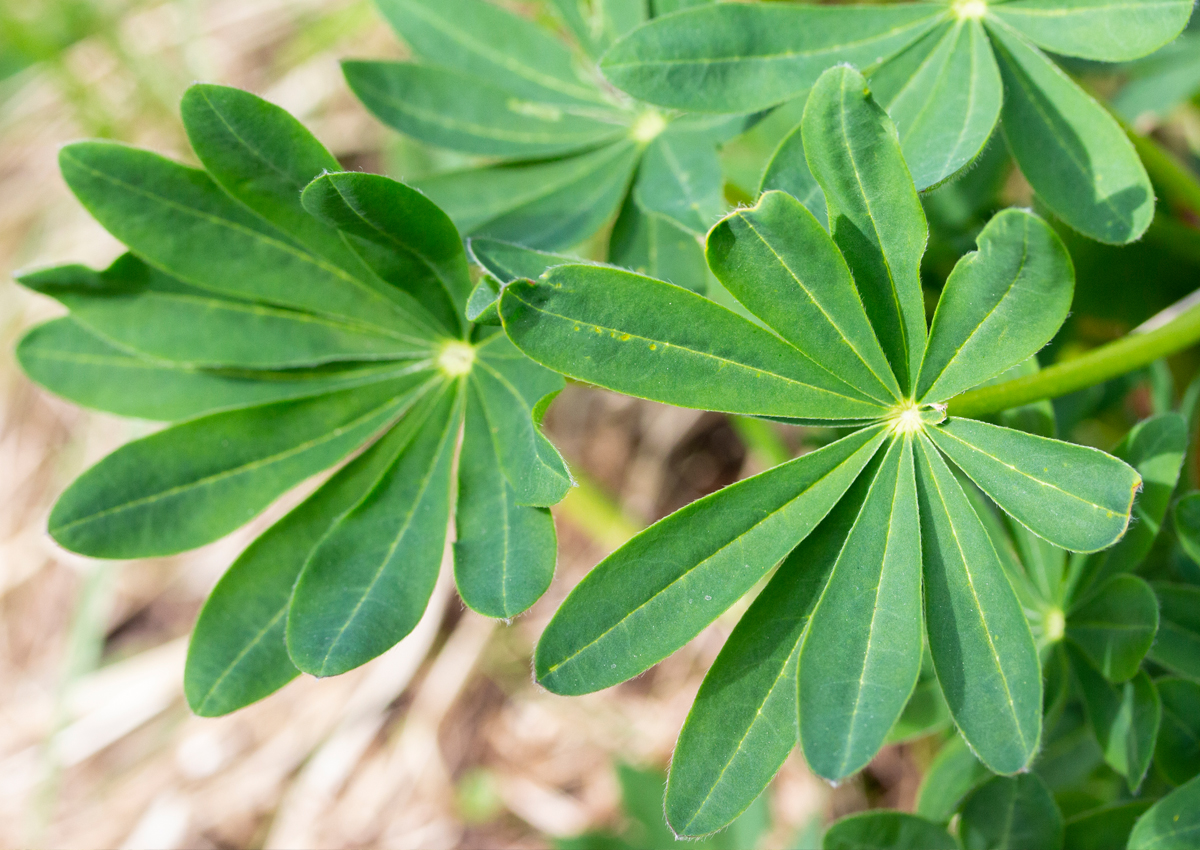
International Consortium Sequences Genome of White Lupin
January 29, 2020| |
The genome of white lupin, an annual pulse crop cultivated for its protein-rich seeds, has been sequenced by an international team of researchers from 11 French and foreign laboratories coordinated by Benjamin Péret at the Biochimie et physiologie moléculaire des plantes laboratory (CNRS/Inrae/Université de Montpellier/Montpellier SupAgro).
Lupins originate from the Mediterranean region and are recognized as a traditional food due to its very high protein content (between 30 and 40% of the whole seed). It is adapted to poor soils and has a low need for phosphate fertilizers due to its highly adapted root system and no need for nitrogen input as a legume. White lupin is one of the few crops that produces "proteoid" or cluster roots, enabling it to solubilize phosphate and extract it efficiently.
The project provides a high-quality genome sequence of a cultivated accession of white lupin (2n = 50, 451 Mb), as well as de novo assemblies of a landrace and a wild relative. The results published in Nature Communications describe a modern accession with increased soil exploration capacity through early establishment of lateral and cluster roots and show how seed quality may have been impacted by domestication in terms of protein profiles and alkaloid content.
For more details, read the CNRS article or the paper in Nature Communications.
| |
You might also like:
- Discovery in Legumes to Reduce Fertilizer Use, Aid Environment
- Int'l Research Team Finds New Receptor Used in Symbiosis between Legumes and Rhizobia
- Pocket K No. 46: Nitrogen Use Efficient Biotech Crops
Biotech Updates is a weekly newsletter of ISAAA, a not-for-profit organization. It is distributed for free to over 22,000 subscribers worldwide to inform them about the key developments in biosciences, especially in biotechnology. Your support will help us in our mission to feed the world with knowledge. You can help by donating as little as $10.
-
See more articles:
-
News from Around the World
- Youth and Educators Pledge to Support Biotech Application in Uganda
- US Ag Secretary Perdue Urges EU to Make Science-based Decisions
- Study Reveals Experts' and Public's Attitude Towards Gene-edited Crops
- Researchers Discover Vaccine to Strengthen Plant Immune System
- International Consortium Sequences Genome of White Lupin
- Genetically Edited Plants Will Complement Vertical Farms, Says Aberystwyth Professor
-
Research Highlights
- Computational Model Shows Effects of Crop Rotation Against Plant Pests
- Wild Tomato Shows Better Resistance to Bacterial Canker Than Cultivated Varieties
-
Plant
- GLP Releases Global Gene Editing Regulation Tracker and Index
- Precise Genome Engineering in Rice Using Cas9-VirD2 System for HDR
-
Read the latest: - Biotech Updates (February 11, 2026)
- Gene Editing Supplement (January 28, 2026)
- Gene Drive Supplement (February 22, 2023)
-
Subscribe to BU: - Share
- Tweet

